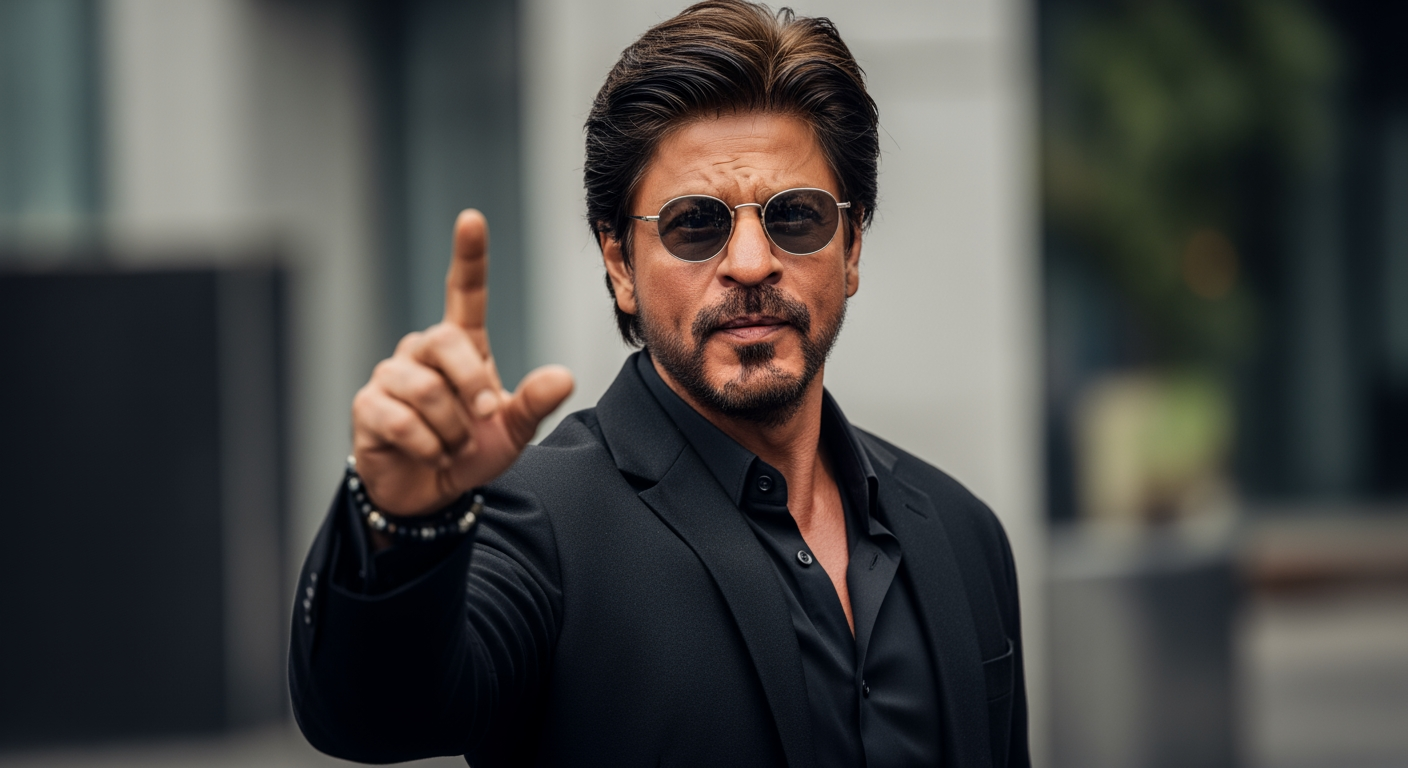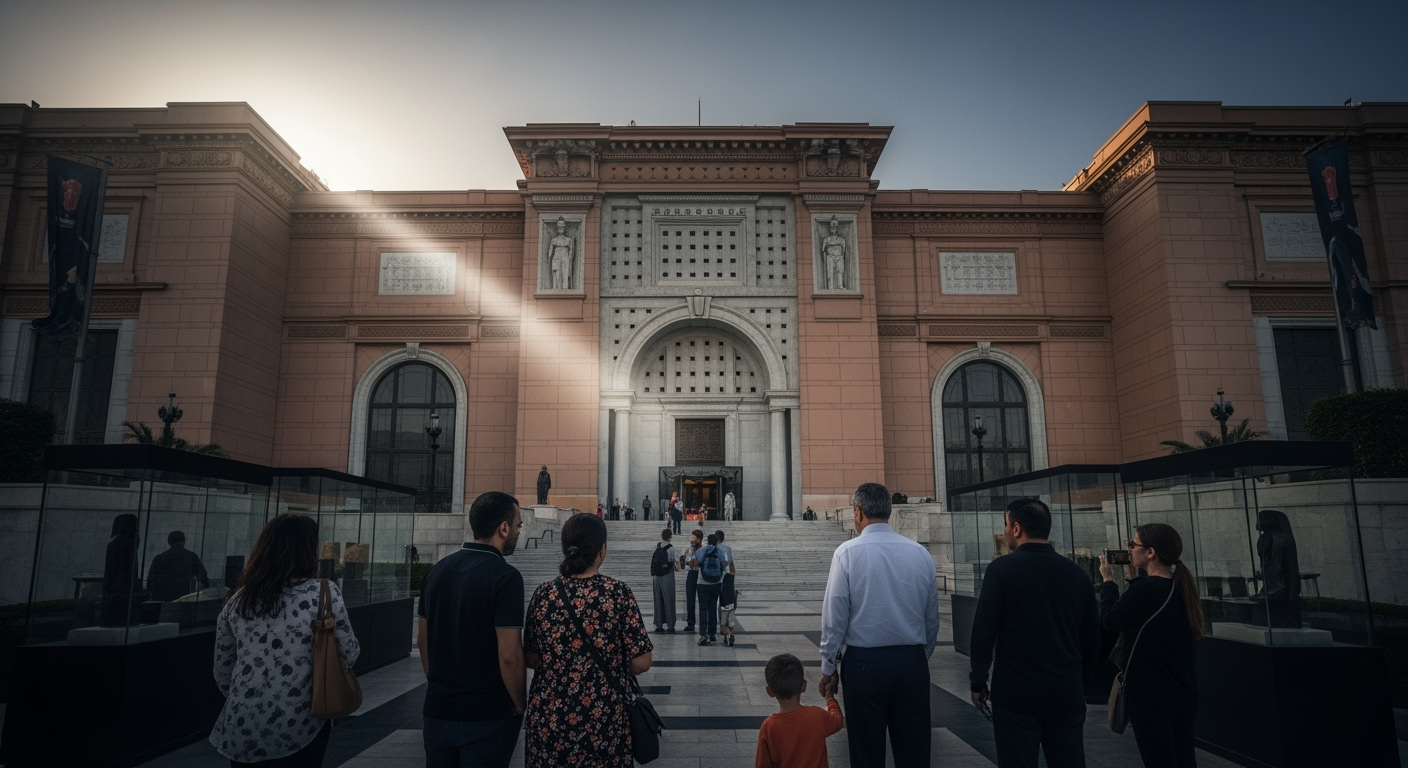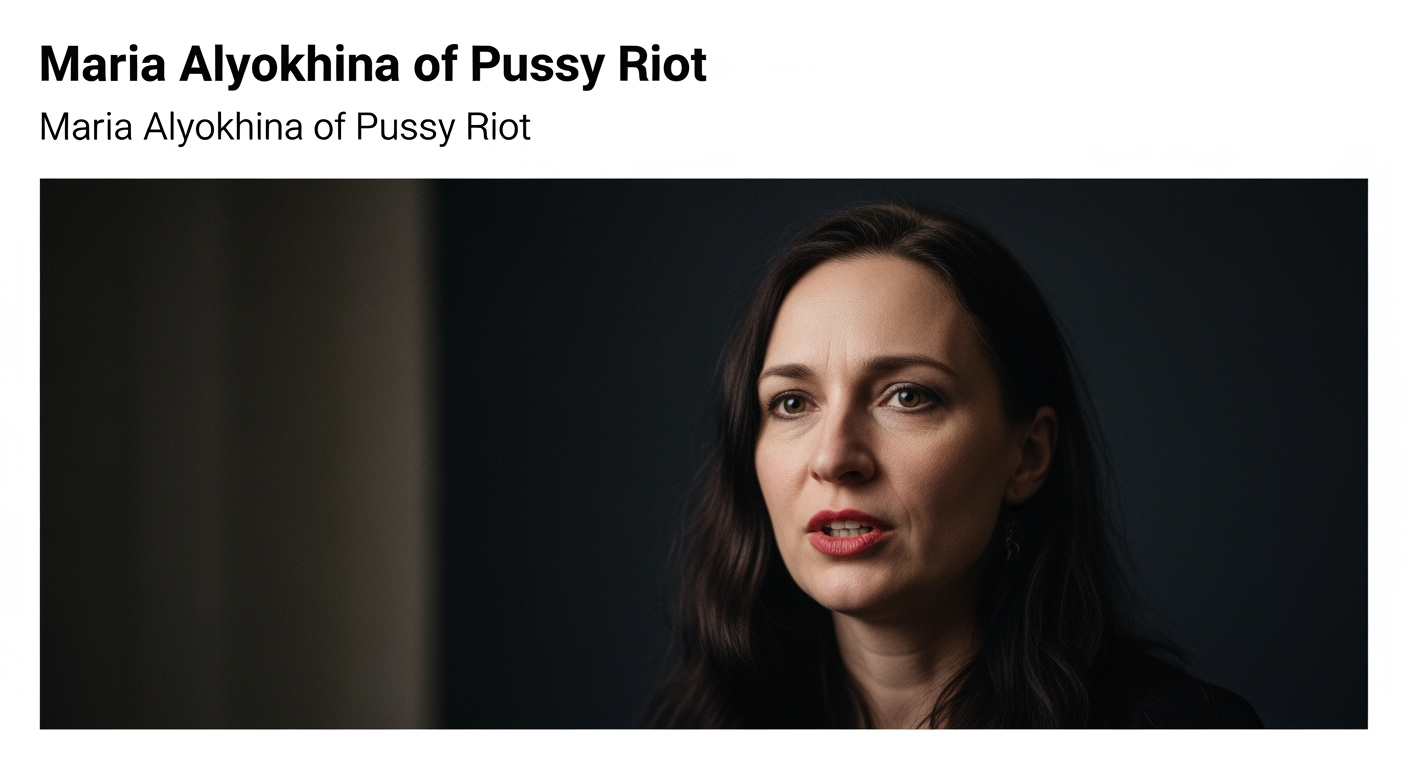Related Articles

Shah Rukh Khan: The Enduring Reign of Bollywood's 'Badshah' at 60

The Paradox of Fear: Unveiling How Horror Films Engage and Transform the Human Brain





Maria Alyokhina, a founding member of the provocative Russian protest art collective Pussy Riot, has spent more than a decade as an unyielding voice against the Kremlin, a stance that has propelled her from global notoriety to a perilous escape from her homeland. Her journey, marked by imprisonment, house arrest, and a dramatic flight disguised as a food courier, underscores the escalating risks faced by dissidents in Russia and her unwavering commitment to exposing what she describes as the country's slide into totalitarianism. Her outspoken criticism, particularly amplified since Russia's full-scale invasion of Ukraine, continues to resonate globally, highlighting the human cost of political repression and war.
Alyokhina's path to international recognition began in 2011 with the formation of Pussy Riot, a group known for its audacious, politically charged punk rock performances. The collective's aim was to challenge the burgeoning authoritarianism of Vladimir Putin and the close ties between the Russian Orthodox Church and the state. Their most infamous act, the "Punk Prayer" performance in Moscow's Cathedral of Christ the Savior in February 2012, cemented their place in contemporary protest history. During the performance, members, clad in their signature balaclavas, called on the Virgin Mary to "chase Putin away," an act swiftly condemned as sacrilegious by the church and deemed "hooliganism motivated by religious hatred" by the state.
Alyokhina, along with Nadezhda Tolokonnikova, was subsequently arrested, tried, and sentenced to two years in a penal colony, a period she chronicled in her memoir, "Riot Days." The trial and subsequent imprisonment ignited an international outcry, with human rights organizations like Amnesty International designating them as prisoners of conscience and numerous prominent figures advocating for their release. Despite the severe repercussions, Alyokhina emerged from prison undeterred, viewing the experience not as a deterrent but as further impetus for her activism.
Following her release in late 2013, Alyokhina continued her work, co-founding Mediazona, an independent news outlet focused on reporting police violence, prison conditions, and political trials in Russia. However, the crackdown on dissent intensified, particularly in early 2021. Alyokhina faced a barrage of arrests and detentions on what she and her supporters described as "specious charges," including violating sanitary-epidemiological rules during protests in support of jailed opposition leader Alexei Navalny. She was repeatedly placed under house arrest and subjected to a travel ban.
The situation reached a critical point in April 2022, when Russian authorities declared her a "fugitive" after she defied a court-mandated curfew and cut off her electronic tracking bracelet to protest the ongoing war in Ukraine. Facing a potential transfer from house arrest to a penal colony, Alyokhina made a bold decision to flee. In a move that garnered international headlines, she escaped Russia disguised as a food courier, even leaving her phone behind as a decoy. With the assistance of an Icelandic artist, Ragnar Kjartansson, and unnamed European Union officials, she managed to cross into Lithuania. Her partner and fellow Pussy Riot member, Lucy Shtein, had executed a similar escape a month prior. Alyokhina likened her week-long journey to a "spy novel," a testament to the extreme measures dissidents must take to preserve their freedom and voice.
Now living in exile, Alyokhina has transformed her personal ordeal into a platform for continued resistance. From outside Russia's borders, she has intensified her condemnation of the war in Ukraine and the Putin regime's repressive policies. Shortly after her escape, she embarked on a tour across Europe and the United States with Pussy Riot, using the "Riot Days" performance, based on her memoir, to raise funds for Ukrainian victims and to convey the stark realities of life under the Kremlin.
Her message is direct and unequivocal: the world must act decisively to counter Putin. Following the death of Alexei Navalny in February 2024, Alyokhina called on the international community to strengthen its efforts to constrain Putin, advocating for increased support for the Ukrainian war effort and an end to the European Union's purchase of Russian gas. She emphasizes the importance of "showing things how they are" and believes that humor and a refusal to be intimidated are crucial in breaking the fear that the system attempts to instill. She consistently reiterates the Pussy Riot mantra that "anybody can be Pussy Riot," stressing the power of collective action against injustice.
Alyokhina's activism is rooted in a deep-seated belief in the power of individual and collective defiance. She views the current Russian regime as totalitarian, describing its trajectory since 2012 as a "road to hell." Despite facing repeated arrests, physical assaults by state-affiliated groups, and imprisonment, she maintains that true freedom is an internal state, defined by one's commitment to fighting for oneself, regardless of external conditions.
She frequently highlights the pervasive role of state propaganda in Russia, which labels dissidents as "enemies of the people," but contrasts this narrative with her experience of public support and the enduring impact of their messages. Alyokhina steadfastly uses art and performance as instruments for protest and raising awareness, demonstrating that creativity can be a potent weapon against authoritarianism. Her ongoing work ensures that the Pussy Riot message, born from a desire for democratic freedoms and human rights, continues to challenge power structures and inspire movements for change around the world.
Maria Alyokhina's journey from a cathedral punk protestor to a political refugee stands as a powerful testament to the enduring spirit of resistance against oppressive regimes. Her unwavering commitment to speaking out, despite personal costs, has made her an emblematic figure in the global struggle for human rights and free expression. From Moscow's squares to international stages, her voice remains a clarion call, ensuring that the world continues to hear the stories of those who dare to defy the Kremlin. Her work in exile not only supports those affected by conflict and repression but also serves as a potent reminder that even in the face of immense pressure, the pursuit of truth and justice can find a way to break through.